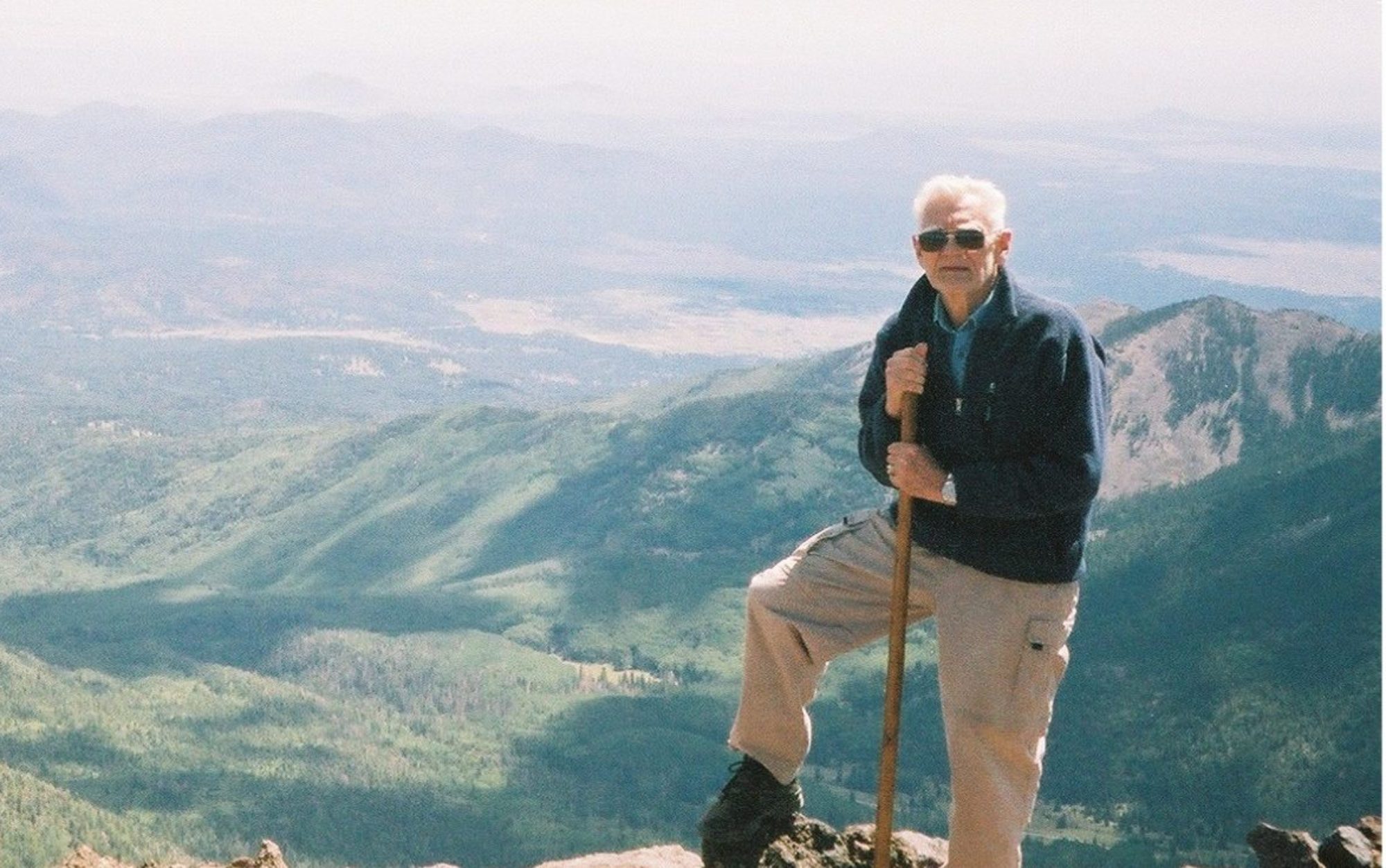by Robert Wheeler
A Concern about the “good life” has been dominant throughout known human history. It seems to be the product of a sophisticated brain process that seeks good ways to exist and a desire for something bigger and better than current existence. It seeks answers to “big questions” such as why I’m here, where I came from, and where am I going. In meeting these objectives, people developed religions, ideologies, and customs that developed civilization. Aristotle described this as “eudaimonia,” but the most recent term is “flourishing.” Health and well-being of both individuals and societies are now recognized as requiring more than just meeting daily needs. What is needed for this good life beyond the physical requirements of daily existence?
Here is the result from my 90+ years of working on this question. In addition to feeling that personal existence is manageable, people need a sense of purpose oriented to something beyond themselves, something that gives constructive meaning to activities, a striving for something bigger or higher than personal comfort, and a search for answers to big questions. It seems that all people we think of as human have this wonderment built into them. Whether it evolved through adaption or was implanted by a creator is not as important as recognizing that a normal function of human consciousness is to look for cause, explanation, and meaning for experiences and activities. These “ultimate concerns” about “whys and wherefores” are not as pressing as meeting immediate needs of daily life, so they may be pushed aside out of consciousness awareness. Our culture even encourages this by emphasizing “getting and spending.” Struggle to meet daily needs and for wealth, power, and success leaves little room for pursuing fuzzy goals for nebulous deep explanations. Those goals are still there, though, and may surface in times of crisis, or they may surface as unsettled feelings of dissatisfaction. This could be called an “ontological imperative” because it is an unavoidable concern about fundamental being that is the essence of “spirituality.” It is a desire to reach out to something beyond our activities of daily life, to climb higher, to live the good life. My research in psychology shows that such spirituality is a personality trait that exists in everyone but manifest in varying degrees and ways.
Spirituality is defined here concern about an esoteric force that started the universe and amay still influence it. It has been a dominant force throughout known human history, starting either through revelation or through mundane attempts to explain important phenomena and was a basis for religions, culture, and civilizations. Explanation for some things were readily available, such as “I feel cold because the air temperature has dropped, but why the temperature dropped was more difficult for early people that had yet to develop science. Because natural explanations of ultimate concerns were not available, the ontological imperative frequently invoked or revealed supernatural ones. As these were shared with other people and reinforced, they took on structure and beliefs forming religions that still dominate societies.
Religions became social enterprises that filled many important needs; not only explanation of mysteries, but also physical and mental support, acceptance and positive regard, belongingness and social identity, and salvation from nothingness. These benefits required belief and faith in established concepts that became dogma. As knowledge increased and science developed, natural explanations conflicted with dogma causing doubts about many supernatural beliefs. Doubt about faith-based explanations that have stimulated scientific and technological advances producing the comforts and capabilities that we now enjoy. However, this has undermined traditional religion and reduced much of religions benefits for many. A “great paradox” is that both are needed: faith and belief in a currently unknown explanation of ultimate concerns that provides certainty but conflict and illogic, and doubt in that faith and belief that stimulates progress but undermines benefits of religions. Uncertainty results creating a “great dilemma.” Since people tend to choose one side of a dilemma and prior beliefs become stronger and intolerant of alternatives.
Can we have it both ways, belief in a transcendent source while doubting its nature or reality? Spirituality is a personal view that varies among people, and religion is a shared view that varies among societies. Each of these views exist more because they meet needs rather than being right or wrong. So, we must be tolerant of other beliefs without sacrificing our own. We must recognize that at the present time our view is limited and the nature of anything in a transcendent realm is questionable. We do not really know. This could be called “nognosticism” that is an alternative to agnosticism, theism, or atheism. Although anything could be possible, not everything is probable, and we must live in the world as it presents itself to us “here and now,” a view of existence that could be called “pragmatic pluralism.”
So, I think the good life can be fostered by recognizing the ontological imperative and the paradox, dilemma, and uncertainty that are inherent in our pursuit of meaning, purpose, and manageability. It stimulates our vitality and is a driving force for the continued advance of civilization. But we must recognize that we do not really know the answers and their pursuit is an ongoing process.
How nice it would be if our media, politicians, and educators would emphasize these fundamental issues rather than crime, power, and competition. For individuals it would decrease anxiety, depression, and confusion. For societies it would decrease crime and violence, and globally it would replace conflict and aggression with cooperation and helpfulness. The good life would be easier to attain.

It’s in point of fact a nice and useful piece of information. I’m glad that you shared this helpful information with us. Please keep us up to date like this. Thank you for sharing.